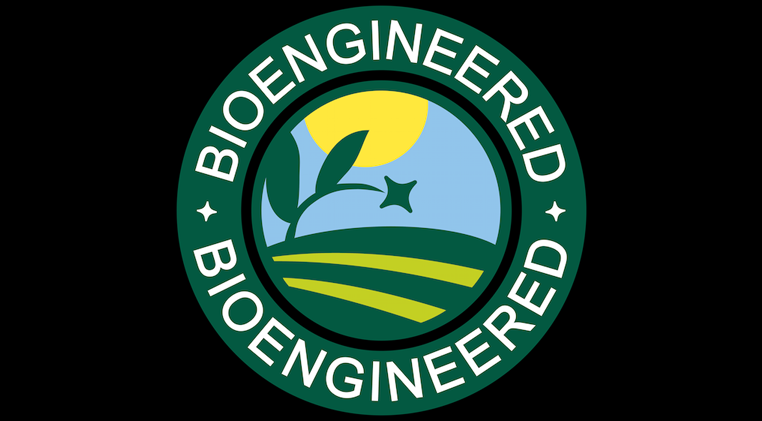U.S. Secretary of Agriculture Sonny Perdue announced the final GMO, or “bioengineered” labeling rule in December 2018. This rule will govern the mandatory labeling of genetically modified foods, as required by the National Bioengineered Food Disclosure Law passed by Congress in 2016.
The rule denotes GMO foods as “bioengineered” and the USDA defines these foods as “those that contain detectable genetic material that has been modified through certain lab techniques and cannot be created through conventional breeding or found in nature.”
According to the law, their presence of bioengineered material must be disclosed on packaging through text, symbol, electronic or digital link and/or text message. Options such as a phone number or web address are available to small food manufacturers, or for smaller packaging.
Disclosure isn’t required for refined foods derived from bioengineered crops unless they contain detectable modified genetic material. For example, refined beet sugar, soybean oil and corn sweeteners derived from bioengineered seed won’t have to labeled as bioengineered ingredients but testing is required to guarantee there is no detectable material.
The implementation date for most manufacturers is January 1, 2020, and the mandatory compliance date is January 1, 2022. Food makers, importers and retailers who label food for retail sale may voluntarily comply with the standard until Dec. 31, 2021.
More details about the labeling rule including files for the labels can be found here on the USDA’s Agricultural Marketing Service site.
The final rule is published in the Federal Register.

